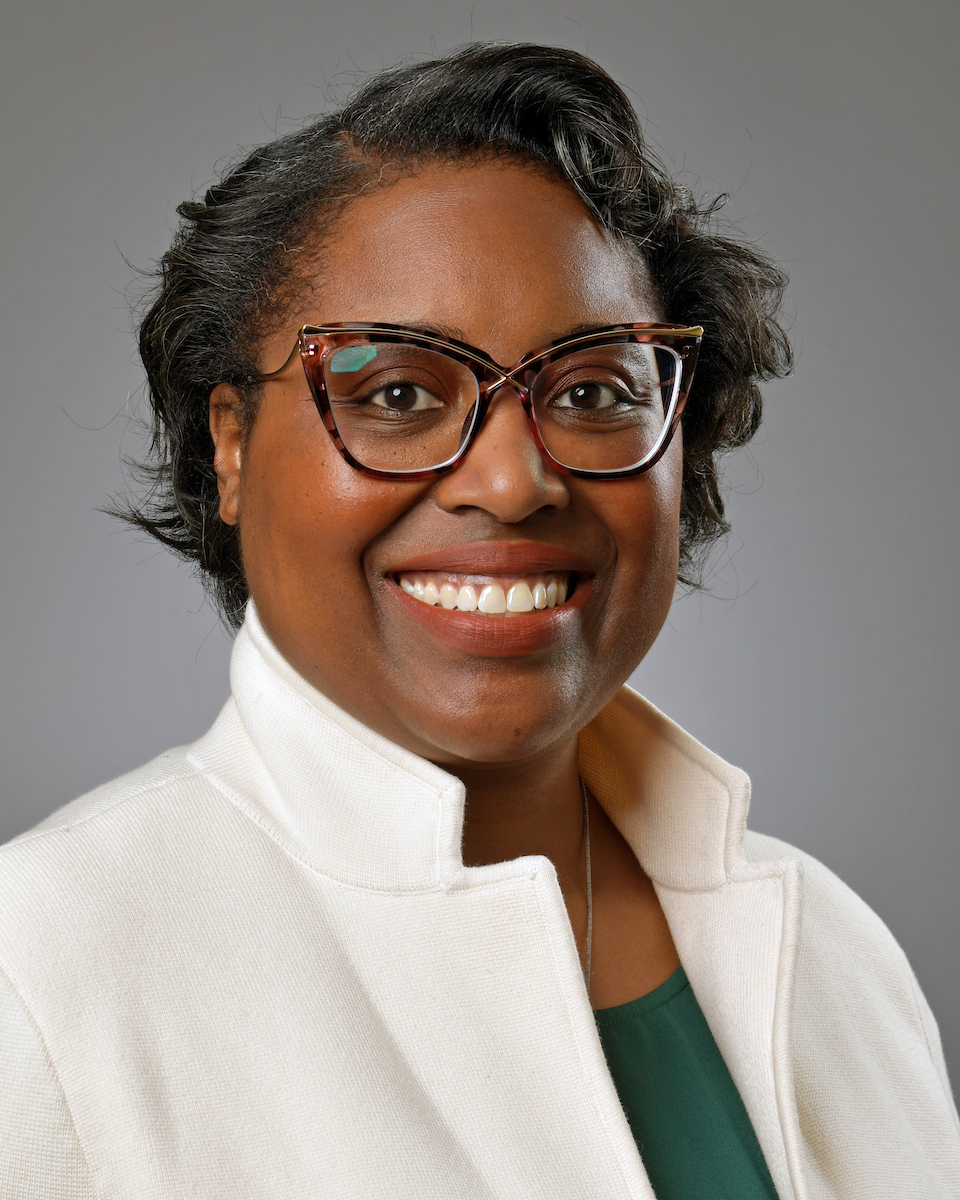news
May is National Mental Health Awareness Month: Georgia Gwinnett College students have services available year ‘round

While the month of May is National Mental Health Awareness Month, the support and resources for students at Georgia Gwinnett College (GGC) are readily available year ‘round.
Students are welcome and encouraged to take full advantage of the counseling and psychological services offered on campus and beyond.
"Students can call us, email us, and walk in," said Dr. Alesha Harris, dean of student holistic health at GGC. "We provide mental health support with our staff here, plus referrals for additional services and medication. Our first appointment with them is to educate them about the process – what to expect, what’s next. We validate and affirm that they’ve done the right thing in reaching out, and that we’re there with them along their journey. We tell them that they are the experts of them."
The need for mental health support has increased. Harris said that for the 2022-2023 school year, they provided support services to 900 students.
"Just for the fall of 2023 alone, we served 900 students," she said. "This is our first real post-pandemic year. Many of our students spent most of their high school time learning remotely. That also helped them to advocate for themselves."
The counseling and psychological services team is made up of two licensed psychologists, one licensed clinical social worker, one clinician working on their psychologist license, two doctoral practicum students, one work-study student, and one outreach intern.
Around the campus, we have strategically posted signs that read "GGC cares about your success!" and "You matter at GGC!" which are part of the BeWell@GGC initiative led by Holistic Health, Student Affairs and the Student Government Association (SGA). During the academic year, students can participate in a variety of activities, including weekly counseling sessions in the residence halls, finals week support, a mental health fair, and receive positive monthly text messages.
Harris said that the stigma associated with mental health is slowly becoming less of a challenge.
"Students are learning to recognize the need for help, and they’re taking that first step to get it by reaching out to us," she said. "Not only has the need increased, but the type of demand now includes wrap around services for housing, food, and financial insecurities.
How can someone tell that they should seek help? Harris listed five things that may indicate a need to reach out to them:
- Sleeping is inadequate
- Experiencing significant mood changes
- Experiencing no joy in activities and/or hobbies
- Isolating themselves from family and friends
- Experiencing changes in appetite and nutrition
"We tell students that it’s okay to not be okay," said Harris. "And that it’s okay to talk to someone for support. Therapy is about a good fit and students should advocate for themselves."
When the support extends beyond what Harris and her staff can provide, students have access to Charlie Health, which provides intensive outpatient programming. Additionally, students can use Uwill, a free service that allows students to choose a therapist based on their needs.
"With the services of our team and our partners, students can get help any time day or night," said Harris.
